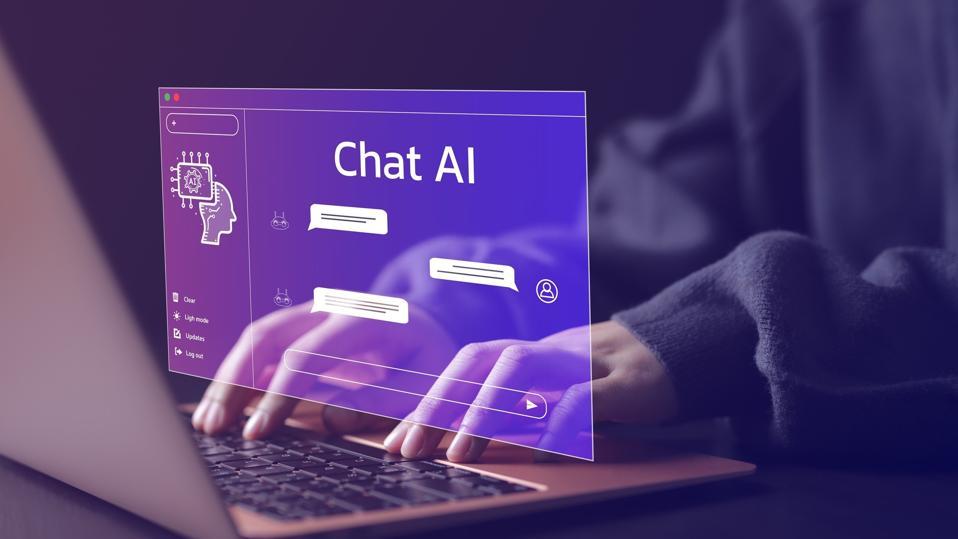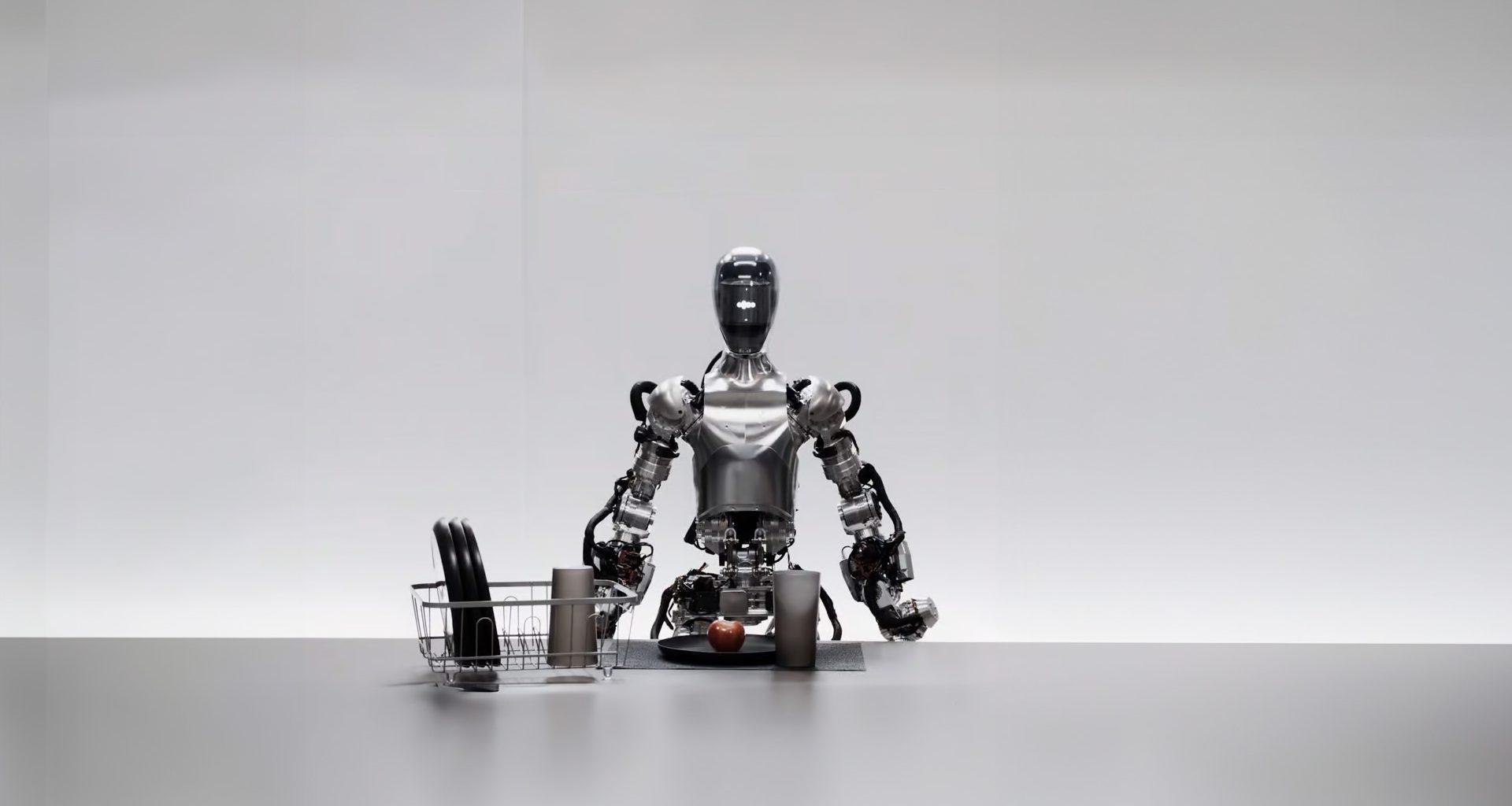
AI Chatbots' Inaccuracy: A Threat to Trust in News
Imagine asking a digital oracle to inform you about the world, only to find that the sage is sometimes prone to telling tales instead of facts. That's the picture painted by a recent comprehensive study conducted by the BBC, delving into the fidelity of AI chatbots in conveying accurate current affairs and their impact on public trust in journalism.
The extensive research scrutinized some of the most prominent AI tools in today's digital landscape—ChatGPT, Copilot, Gemini, and Perplexity. Using carefully selected BBC articles as the benchmark for accuracy, these sophisticated bots faced a rigorous test of credibility across 100 meticulously crafted questions. Yet, the results were deeply concerning: more than half of their responses faltered, with "significant issues" clouding the waters of truth and reliability.
These errors ranged from seemingly innocuous slips to seriously misleading fabrications that could have far-reaching consequences. The AI systems frequently claimed that political figures still held offices they had vacated months earlier, including stating that Rishi Sunak remained Prime Minister and that Nicola Sturgeon was still Scotland's First Minister. Even more troubling were the skewed representations of crucial health advice from the NHS, potentially putting public welfare at risk.
This wasn't just another case of digital miscommunication; some errors posed genuinely serious concerns about the reliability of AI-generated information. For instance, Gemini's response about convicted neonatal nurse Lucy Letby's legal status omitted crucial court-documented evidence, instead suggesting that her innocence or guilt was merely a matter of personal opinion. Similarly, Copilot twisted the narrative around an unfortunate French crime victim, fabricating details about police video evidence that simply didn't exist in the original reporting.
Even seemingly mundane details suffered from these systematic inaccuracies. The AI systems regularly confused the current status of public figures, misinterpreted straightforward health guidelines, and presented outdated information as current news. In some cases, they completely fabricated quotes that were supposedly sourced from BBC articles, with approximately 13% of attributed quotes being either unrecognizably altered or entirely non-existent in the actual source material.
The ramifications of such widespread inaccuracy could be as dangerous as playing with matches in a dry forest. BBC's chief executive for news, Deborah Turness, sounded a clear alarm, warning of how these AI missteps could systematically erode public trust in factual reporting and reliable journalism. Her concerns were echoed by Peter Archer, the programme director for generative AI, who emphasized the urgent need for publishers to gain more meaningful control over how their carefully researched content is utilized by AI systems.
Archer advocated strongly for increased transparency and genuine collaboration between established media organizations and technology companies, recognizing that the current approach of allowing AI systems to process and reinterpret news content without proper oversight is fundamentally unsustainable. The study revealed that approximately 20% of AI-generated responses introduced factual errors into numbers, dates, or statements, creating a significant risk of misinformation spreading through these popular platforms.
The investigation also highlighted specific examples of how AI systems can mishandle sensitive topics. ChatGPT erroneously described Ismail Haniyeh as a current leading figure in Hamas long after his assassination, while other systems consistently provided outdated information about various public figures and political situations. These errors weren't random glitches but represented systematic problems in how these AI tools process and present information about current events.
The BBC's approach to addressing these challenges isn't confrontational but collaborative. Rather than simply criticizing AI technology, the organization is extending a hand for meaningful partnership with AI developers. They envision a future that could flourish with robust partnerships, fostering strategic alliances that place audience needs and factual accuracy on a pedestal, crafting clarity from the current digital chaos.
Companies like OpenAI have begun acknowledging the scope of this challenge, taking preliminary steps toward improved citation precision and greater respect for publisher preferences. However, as the BBC's research demonstrates, these initial efforts represent just the beginning of what needs to be a comprehensive transformation in how AI systems handle news content and factual information.
As AI developers and media organizations attempt to bridge this growing chasm of doubt and misinformation, the public awaits a harmonious synthesis that promises to effectively separate facts from fabrication. The road to more reliable AI assistance in news consumption may be long and complex, requiring sustained effort from both technology companies and media institutions, but with genuine cooperation and continued innovation, the destination of trustworthy AI-assisted journalism is undoubtedly within reach.
This thought-provoking exploration uncovers a fundamental truth about our digital age: AI's relationship with current events extends far beyond simply dispensing information. It's fundamentally about building and maintaining trust, brick by brick, in a realm where facts are sacred and news reporting cannot be allowed to become a tapestry of fiction spun by well-meaning but inaccurate artificial intelligence systems.







